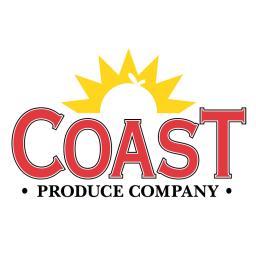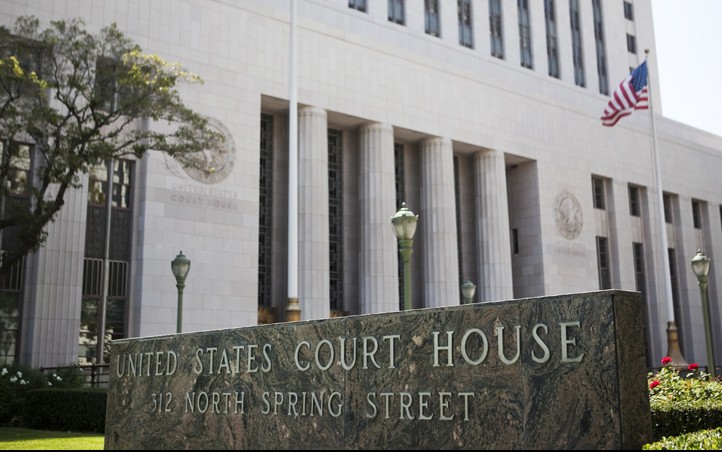LOS ANGELES
A Los Angeles company paid $4 million to resolve civil allegations that it fraudulently overcharged the U.S. military for fresh fruits and vegetables that it supplied to military dining facilities and Navy ships in Southern California, federal officials announced today
 A whistleblower and industry consultant Kevin Driscol made the allegations against Coast Produce Co. in a private lawsuit filed in 2008, officials said.
A whistleblower and industry consultant Kevin Driscol made the allegations against Coast Produce Co. in a private lawsuit filed in 2008, officials said.Driscoll will receive $920,000 for bringing this case to light through a whistleblower lawsuit, which was adopted by the federal government because it had merit, according to authorities.
To resolve the allegations in the lawsuit, Coast paid a $4 million settlement on September 2, and U.S. District Judge David O. Carter unsealed and dismissed the civil lawsuit on September 17, officials said.
As part of a second agreement with criminal prosecutors, Coast Produce Co. will implement various measures to ensure the company complies with its legal obligations.
Coast Produce Company’s settlement agreements with the government resolve a civil lawsuit and criminal investigation into allegations that the company violated the federal False Claims Act and obstructed an investigation related to two contracts the company had with the Department of Defense to supply fresh produce to the military in the Los Angeles and San Diego regions.
Under its contract with the DoD, Coast Produce allegedly was required to charge only the current prices charged to Coast by its own suppliers for the fruits and vegetables or the “delivered price,” plus an additional fixed $1.50-per-unit distribution fee that included Coast’s profit.
The lawsuit alleged that Coast Produce knowingly overcharged the military on the delivered prices in three ways:
1) Instructing two suppliers to provide inflated quotes for produce, which the company then submitted to the DoD as pricing support, while simultaneously instructing the two suppliers to actually bill at their regular lower prices
2)Charging the DoD more than it paid for bananas and pineapples under long-term fixed-price supply contracts
3) Submitting artificially high quotes to the DoD – typically from vendors Coast Product had no intention of buying from – in order to set a payment rate, but then actually purchasing the produce it supplied at lower prices, and keeping the difference.
In relation to the criminal investigation, the U.S. Attorney’s Office on September 2 filed a criminal information against Coast Produce, alleging that the company altered or falsified records.
The information alleged that Coast Produce provided false invoices to the DoD when it requested evidence concerning the prices Coast was paying for produce it provided the military.
The criminal information was filed pursuant to a Deferred Prosecution Agreement, in which the government agreed to defer any criminal case against Coast Produce for a two-year period in return for the company’s agreement to implement various compliance and remedial measures during that period, among other things.
If Coast Produce does not violate the agreement during the 24-month period, the government will not proceed with a criminal case against Coast.
“The agreements with Coast Produce demonstrate that this office will use all criminal and civil tools at its disposal to ensure that contractors who overcharge the United States military are held accountable,” said U.S. Attorney Eileen M. Decker. “Companies that supply products and services to our military members should know that our office will aggressively investigate those who seek to unlawfully profit from that relationship.”
There is no allegation that the fruits and vegetables supplied by the company were unsatisfactory in quality. Coast Produce agreed to the civil settlement without admitting any wrongdoing, according to authorities.

